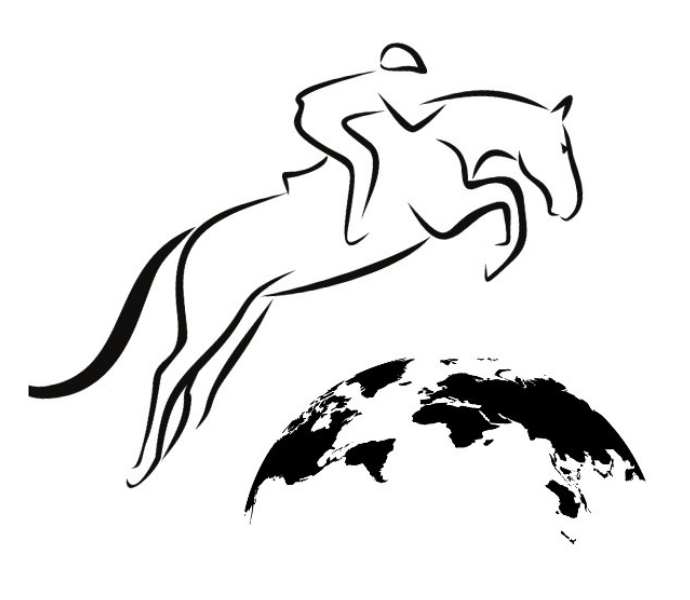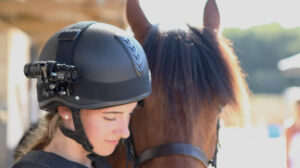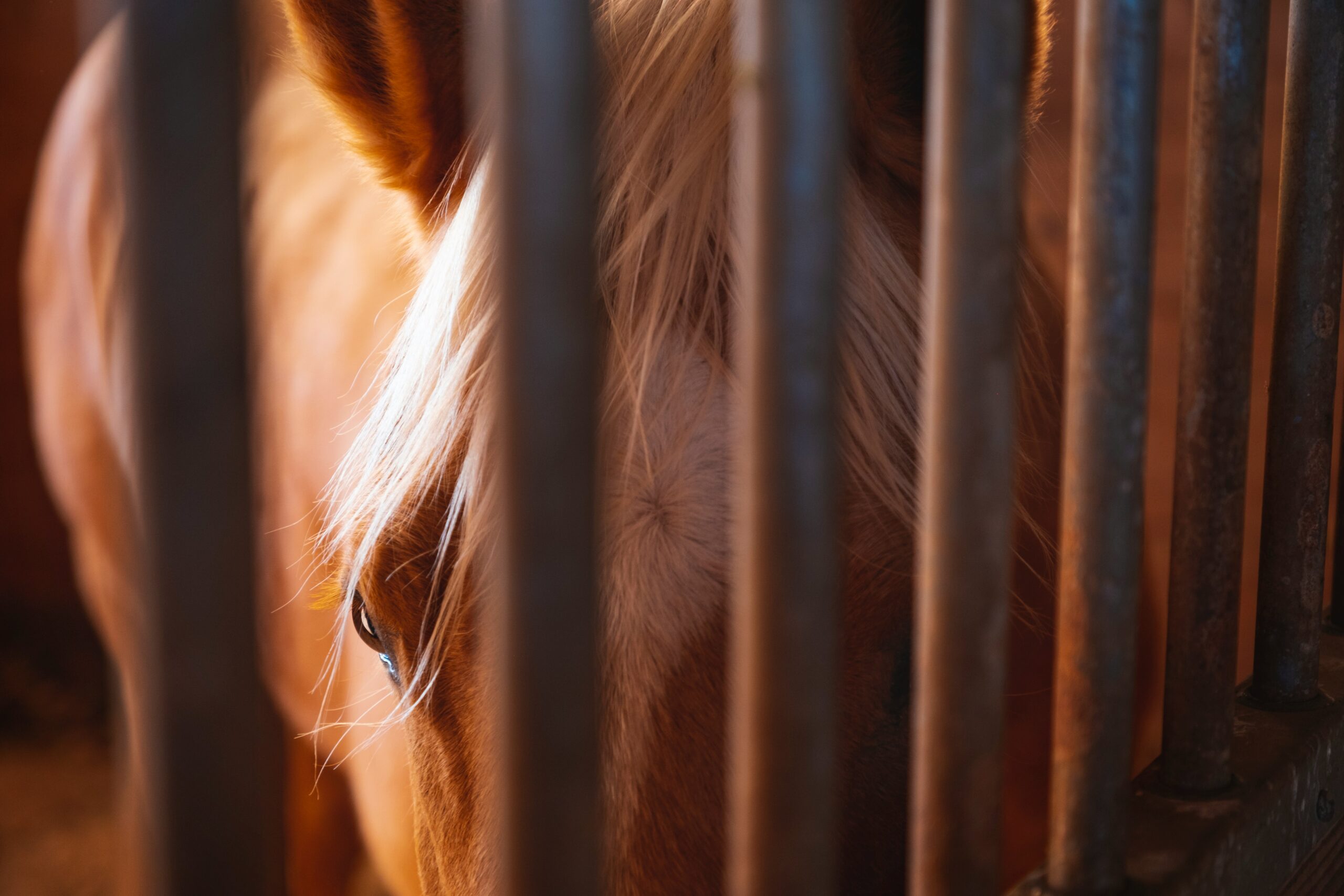
How to Help Your Horse Survive Box Rest
The thought of box rest can fill many horse owners with dread, and unfortunately, it is something that we all may have to deal with at some point during our lives. Box rest may be required in a number of circumstances, for example during recovery from a hoof abscess, laminitis, tendon injury or following surgery.
It can be a testing time for any horse and owner to deal with because the horse is kept in a confined space with little freedom and often without the opportunity to interact with other horses. This is against their natural instincts and can cause stress and frustration. In addition to this, the sudden change of management and decreased movement can increase their risk of developing colic. With your vet’s guidance and recovery in mind, a management plan can be put into place to help make box rest less stressful and help decrease the risk of colic in your horse.
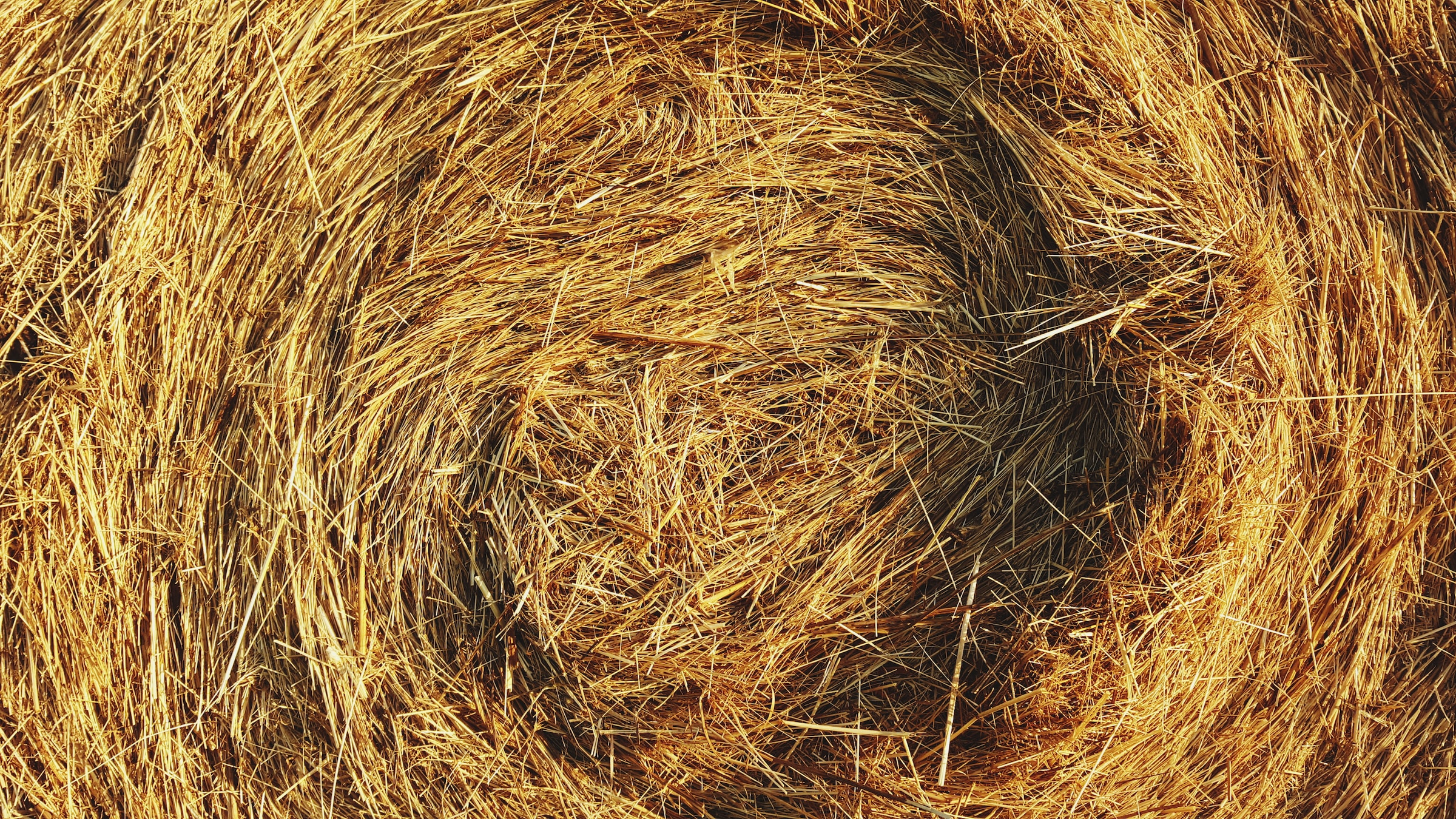
Forage
Horses have evolved to graze for 16-18 hours a day, so time spent without forage could cause them to stress and increase their likelihood of developing health problems such as stomach ulcers. Providing access to unlimited forage at ground level will help to support your horse’s digestive health and satisfy his behavioural needs. For horses that require restricted forage, you could split the daily ration up into several small holed hay nets (if your horse doesn’t have back and neck problems) and hang them up throughout the day. It is also essential that your horse has access to plenty of clean water because insufficient water consumption can increase their risk of developing colic
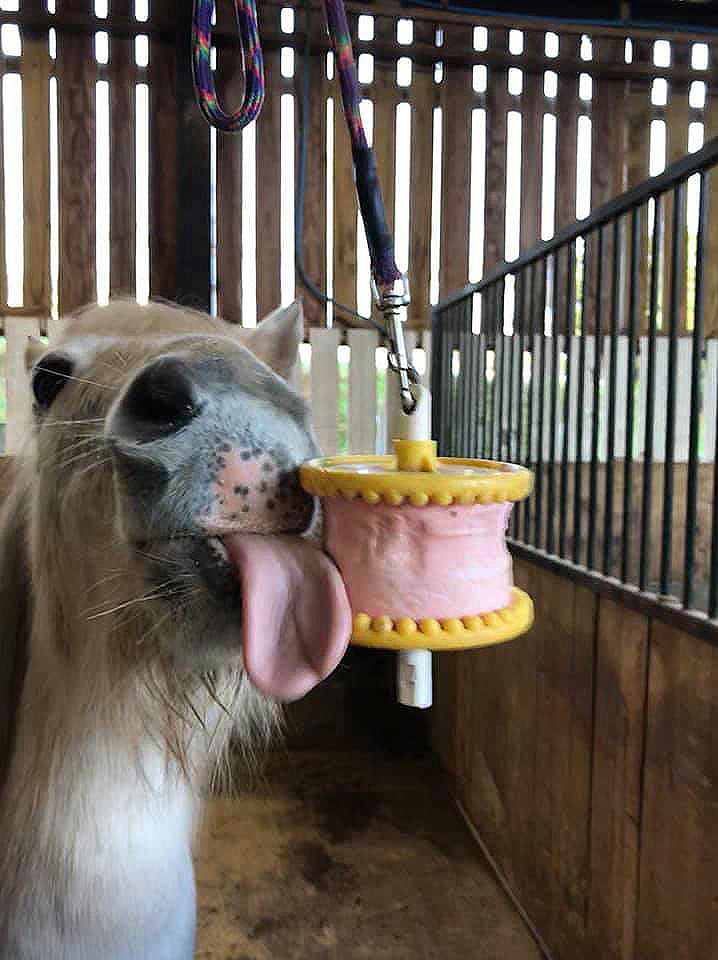
Environmental enrichment
A wide range of stable toys are available to help to occupy the horse’s mind and reduce stress. Balls that trickle out treats can help to stimulate the horse’s natural trickle-feeding behaviours but ensure that you show him how to use it first as it can cause frustration if the treats are too difficult for him to get out!
A hanging lick can also help to keep him occupied. Alternatively, you could make an apple, swede and carrot kebab to hang up or hide carrots or apples in his forage. Your horse should always be supervised and you should not provide him with anything that could cause him to choke. Sugary treats should be avoided if your horse is overweight, laminitic or prone to laminitis – ask your vet if you are in any doubt.
Finally, classical music has been found to help reduce stress in horses so could prove to be a nice distraction!
Companionship
Horses are herd animals so they feel safe and secure surrounded by other horses. Consider which stable you keep your horse in as some may prefer to see plenty of activity whereas, others may settle better in peace and quiet. Ideally, it would be beneficial to put your horse in a stable where he is able to interact with other horses. If this isn’t possible then he should be able to see other horses throughout the day, at the very least.
The need for sleep
In a herd situation, horses will usually only lie down if they have another horse there to stand guard over them so as to alert them to any danger. Horses can only achieve a deep sleep (known as rapid eye movement sleep) when they lie down flat, so sleep may be disrupted if their stable is too small or if they do not feel safe and secure enough to lie down. Ensure the horse has plenty of space to lie down, a deep bed and company in neighbouring stables.
Horses may prefer to lie down on a straw bed compared to other bedding types but be aware that there may be an increased risk of them eating their straw bedding, especially if they are on a restricted diet, which increases their risk of developing colic.
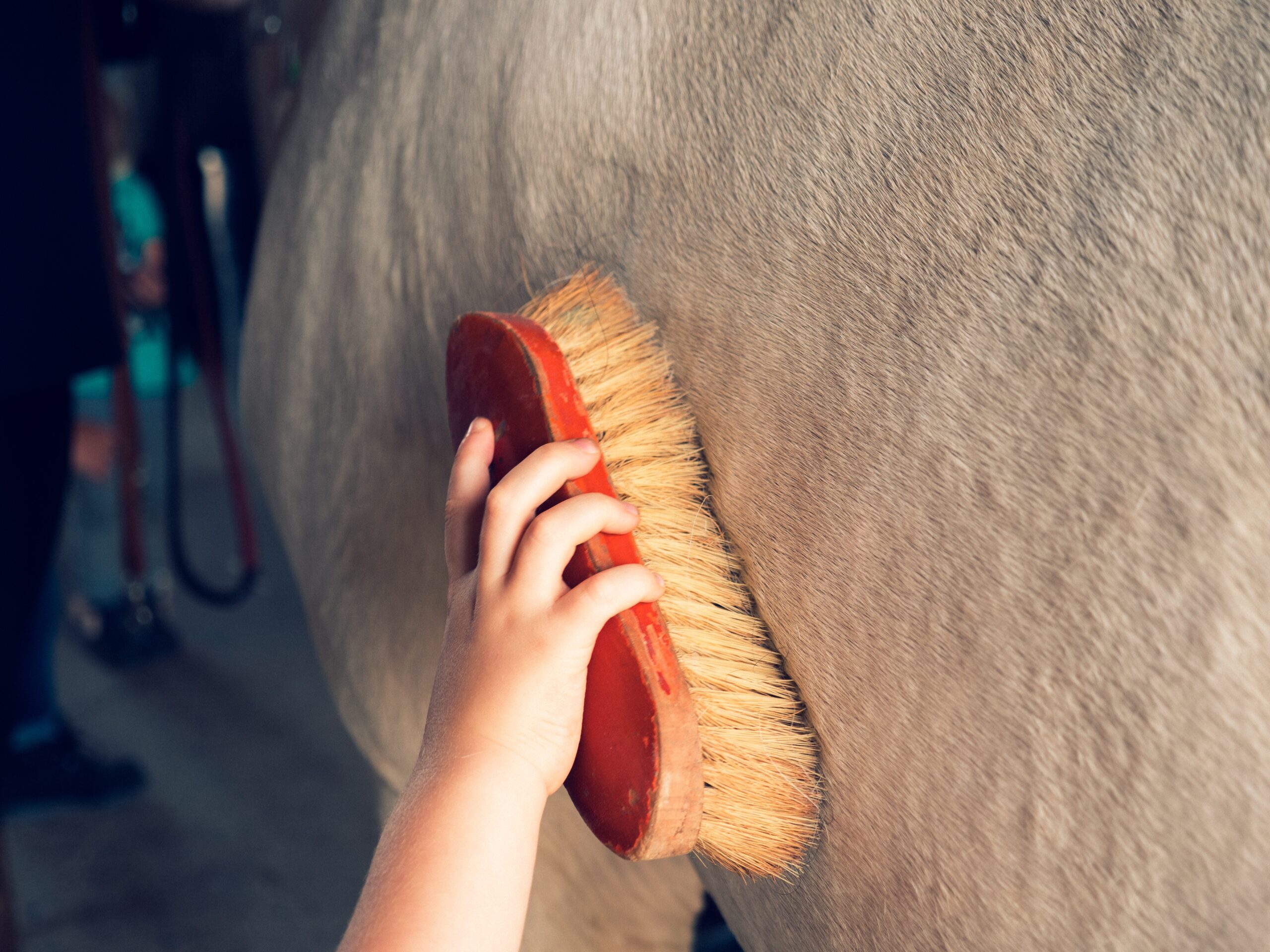
Additional ideas
Spending extra time with your horse and grooming him regularly will be greatly appreciated as this will help to maintain skin health and stimulate circulation. Scratching his withers can also help your horse to relax and also improve your bond with him.
Further Advice
The British Horse Society offers a free helpline at 02476 840517 or email [email protected]. Further information is available from www.bhs.org.uk
The British Horse Society
As the largest equine charity in the UK, The British Horse Society is dedicated to education, equine welfare, protecting and increasing access to bridleways and equestrian routes, and safety for horse and riders. The Society’s thriving and active community of staff and volunteers are committed to improving the lives of horses everywhere.
